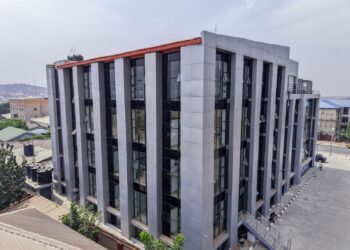By Abubakar Yunusa
A coalition of 13 civil society organizations has called on the federal government and security agencies to immediately release all arrested peaceful protesters and sanction security agents who attacked unarmed protesters.
The statement follows President Bola Tinubu’s live broadcast addressing peaceful protests in some parts of the country on Sunday.
The coalition noted that the President’s 38-paragraph speech did not address the core demands of Nigerians across the country, who are calling for good governance and an immediate change from the current downward trend in accountability and social development.
The press statement, released in Abuja on Tuesday, was signed by 13 organizations, including Accountability Lab Nigeria, BudgIT Foundation, Centre for Journalism Innovation and Development (CJID), and Enough is Enough (EIE) Nigeria, Yiaga Africa,among others.
The group stated, “We remind the government that if security forces continue to aggravate protesters, it may become difficult to broker dialogue.
“It is our recommendation that representatives of the National Peace Committee and reputable civil society groups serve as facilitators and observers of this dialogue process and its outcomes.
“The protesters have stated they will continue their peaceful demands on the streets until Saturday, August 10.
“We urge the federal government to concede the low-hanging requests as a reassurance of its commitment to citizen-centered governance and leadership.”
Over the last few weeks, Nigerians have planned, mobilized, and curated various demands, giving the government adequate notice.
As civil society groups and stakeholders in the polity, we have streamlined the demands based on consultations to facilitate a peaceful and holistic engagement with the government on these issues.











